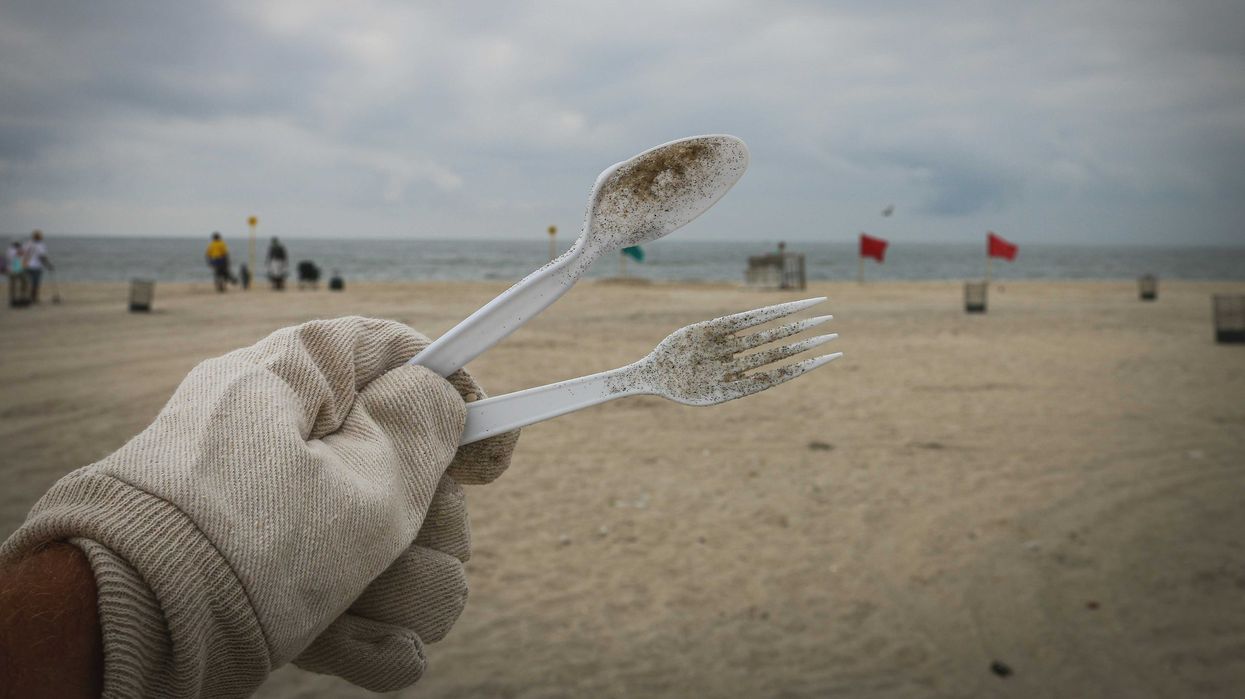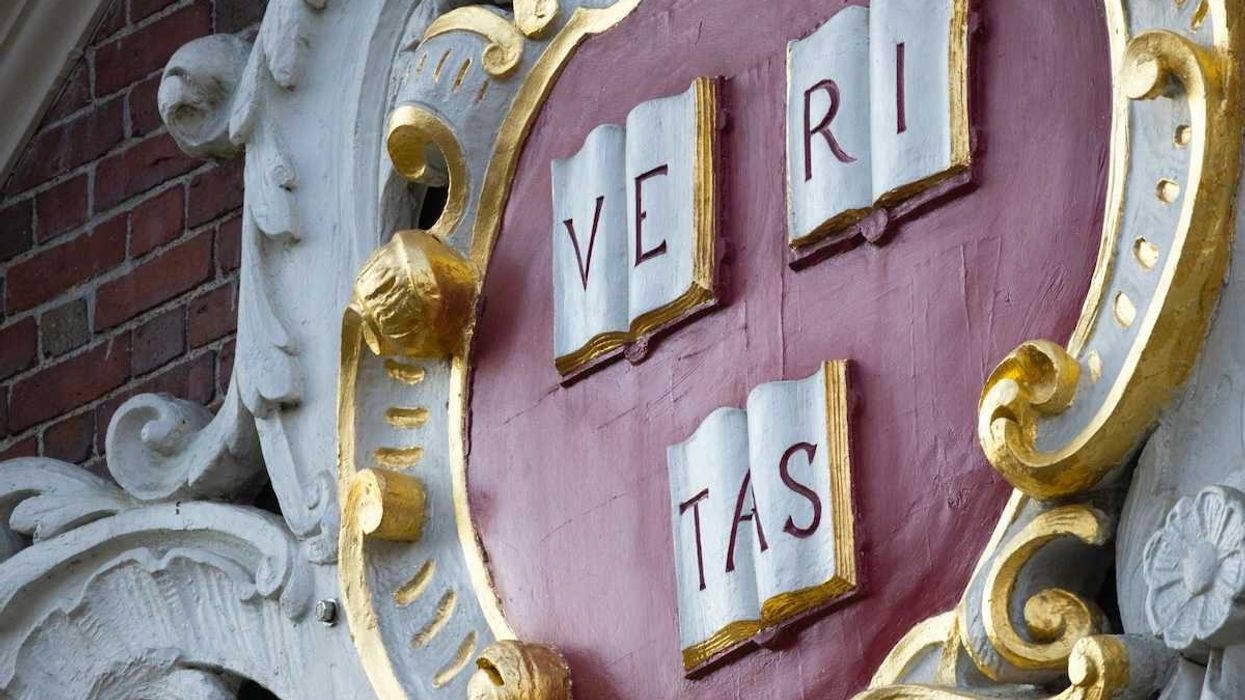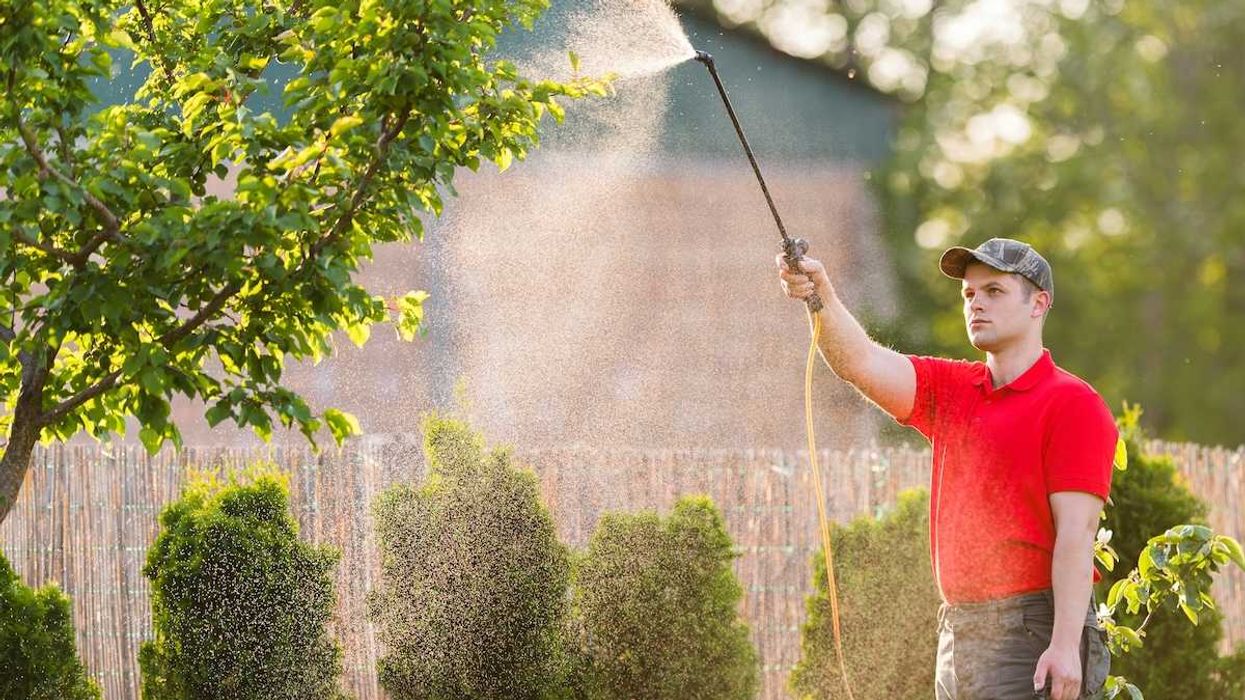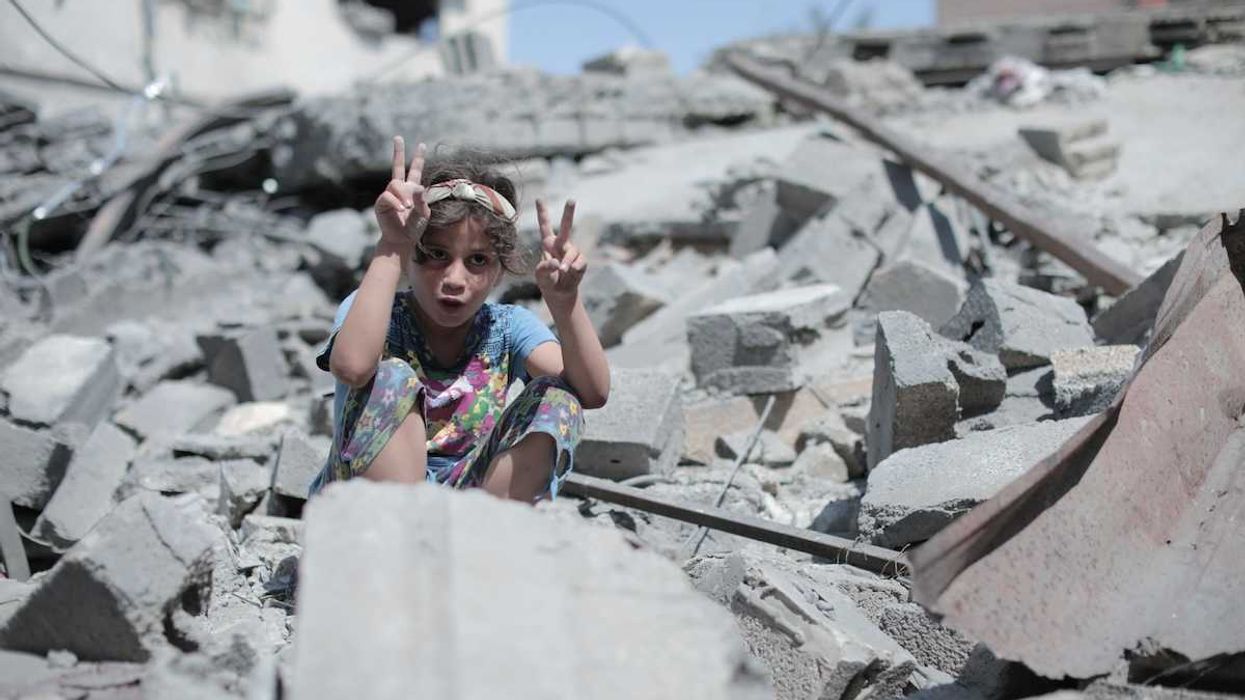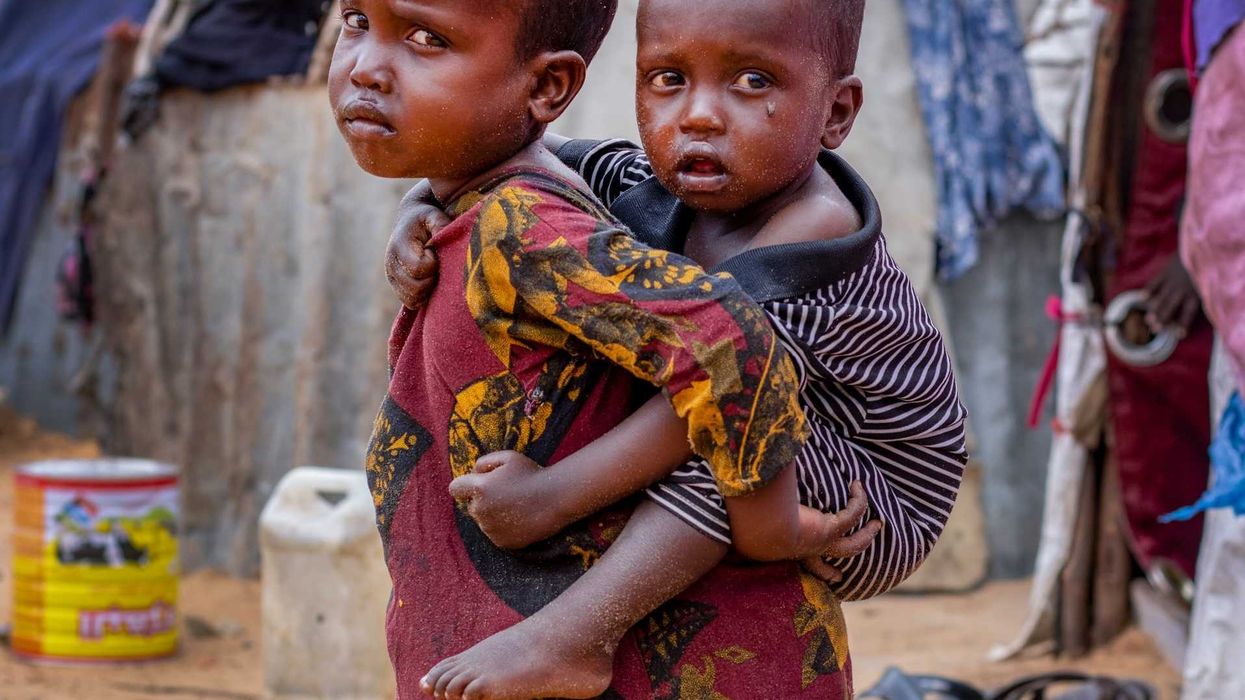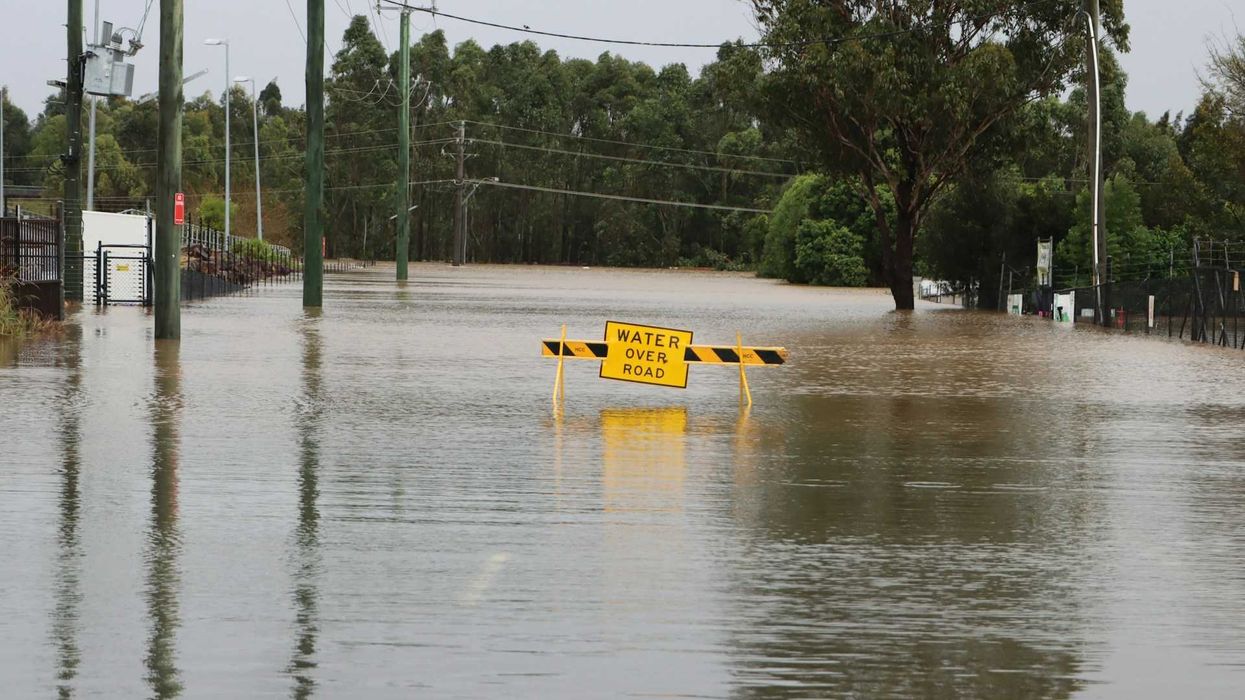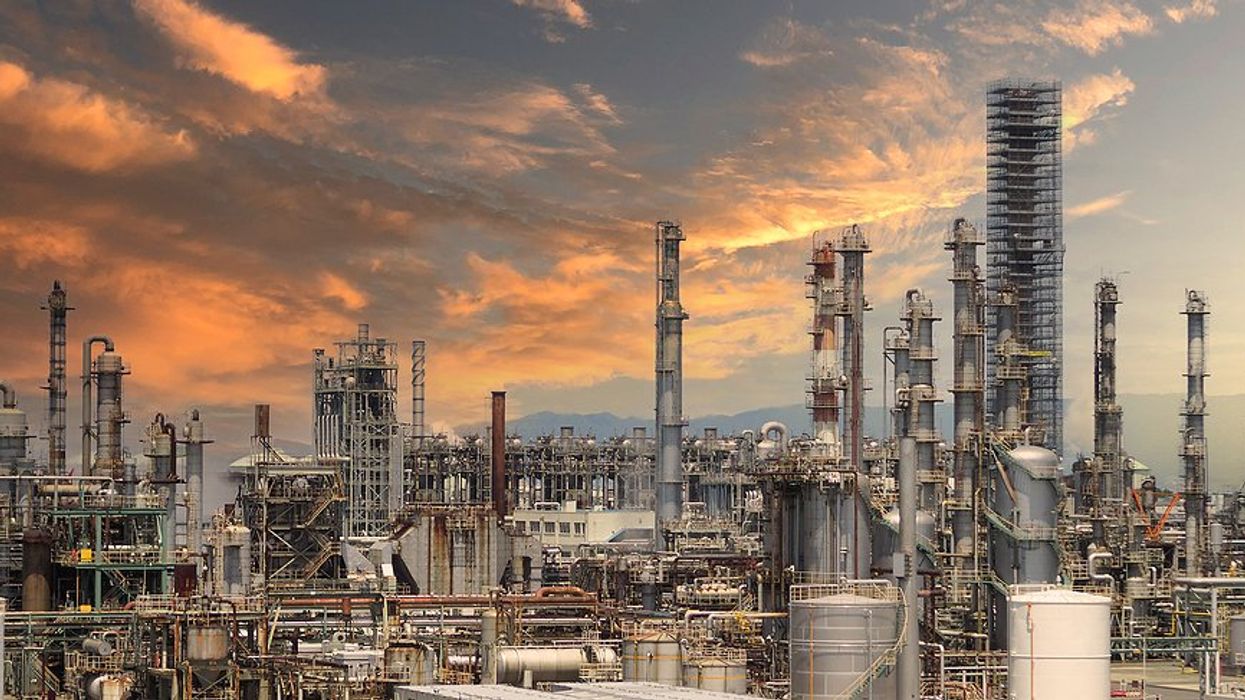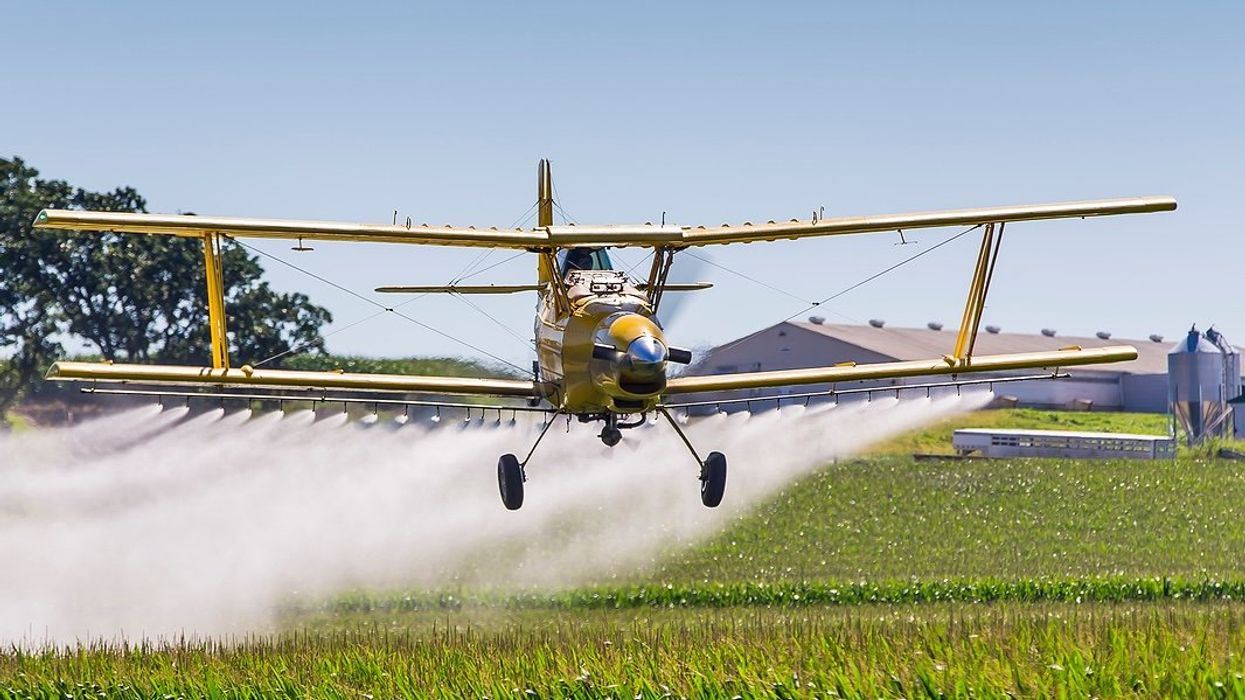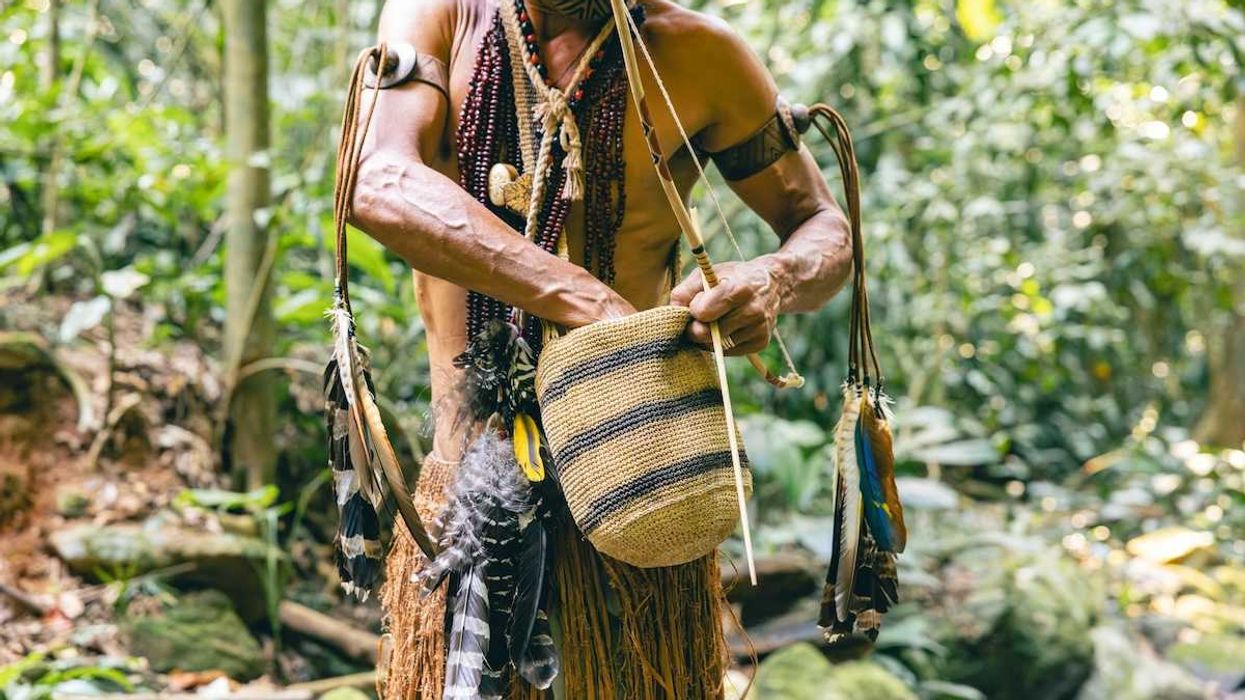Once Europe’s dirtiest river, the Emscher has undergone a stunning €5.5 billion transformation into a thriving waterway full of wildlife.
Ajit Niranjan reports for The Guardian.
In short:
- For over a century, Germany’s Emscher River served as an open sewer due to industrial pollution and poor infrastructure, spreading disease and stench across the Ruhr region.
- After the collapse of coal mining in the 1980s, environmental awareness surged, sparking a decades-long, €5.5 billion cleanup led by the Emschergenossenschaft, funded largely by industry and local governments.
- The restored river now supports birds, fish, and insects, drawing cyclists and families to its banks — though experts say a fully stable ecosystem will take at least another decade.
Key quote:
“It takes time. But immediately after restoration, of course, you’ll see the first signs of success.”
— Daniel Hering, aquatic ecologist at the University of Duisburg
Why this matters:
The Emscher’s revival shows that even rivers pushed to the brink by industrial waste and poor planning can bounce back. For over 100 years, this German waterway was essentially an industrial toilet, reeking with sewage, carrying disease, and lined with concrete as it cut through the coal-stained Ruhr Valley. It was so toxic that fish couldn’t survive, and locals steered clear. But that story has flipped. While experts say it’ll take another decade to fully stabilize the ecosystem, the message is clear: Even a “dead” river can be resurrected with adequate investment.
Read more:



